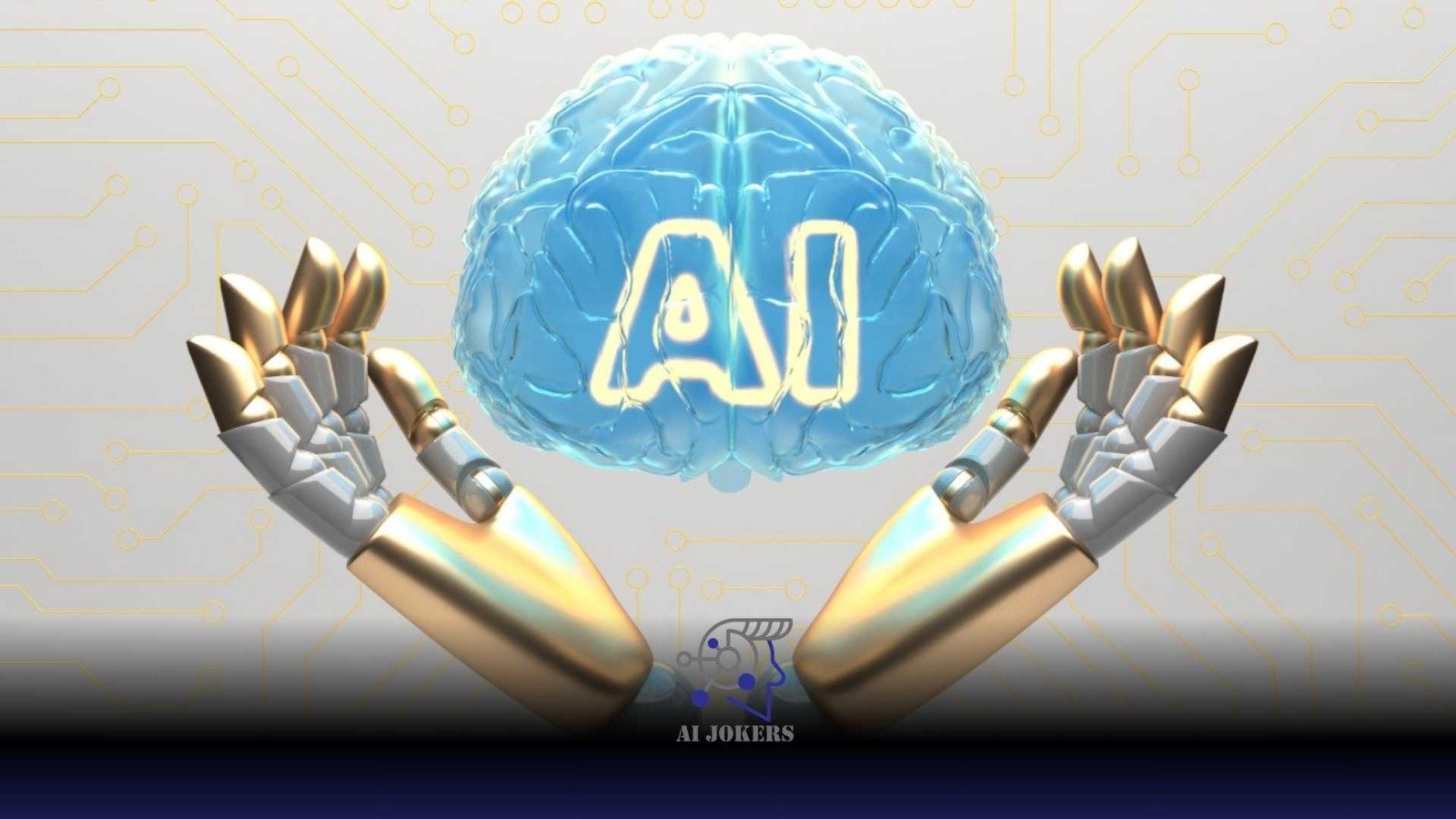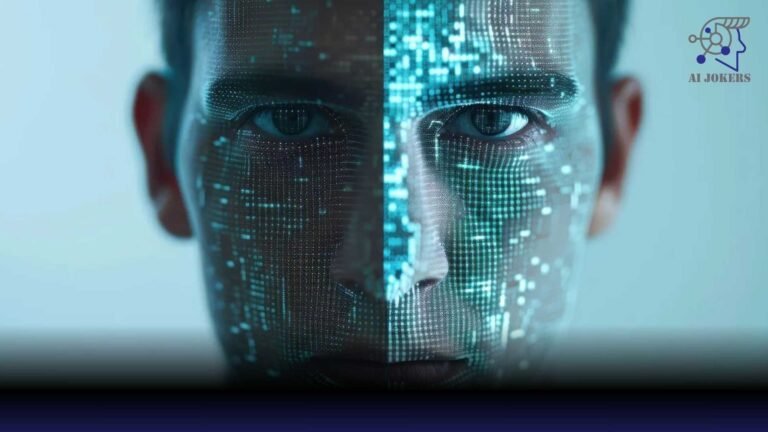Artificial intelligence (AI) is changing our world, affecting everything from entertainment to healthcare. However, this authority also comes with responsibility, so countries are taking the initiative to develop legal frameworks that guarantee AI is moral, open, and useful. This blog examines the expanding significance of AI legislation, its ethical ramifications, and its beneficial effects on society.
The Need for Regulation of AI
Everything is changing due to AI, including how businesses run and how people communicate online. However, unmanaged AI growth might result in problems like disinformation, biased decision-making, and data privacy abuses. Regulatory frameworks like the AI Act of the European Union and government regulations in the United States aim to avoid abuse while promoting innovation.
International Economic Forum.
Important objectives include:
Ensuring Fairness: Biases that unjustly single out certain persons or groups should not exist in AI systems.
Encouraging Transparency: AI systems must reveal the decision-making process to ensure accountability.
Privacy Protection: Laws prevent the misuse of personal information.
Ethics in the Development of AI
The core of AI governance is a moral concern. Organizations and developers increasingly realize the importance of including moral values in AI systems. Creating models that uphold environmental sustainability and human rights is part of this.
For instance, initiatives like watermarking AI-generated material stop it from being abused to distribute false information, particularly during political elections, similarly, by rendering AI training on copyrighted works useless, “data poisoning” techniques like Glaze safeguard artists’ intellectual property. (MCKINSEY & COMPANY)
Advantages of Conscientious AI
AI has unique advantages when created and used appropriately.
Healthcare Advancements: Under increasingly stringent regulations, AI-driven medication development and diagnostics are becoming safer and more dependable, which improves patient outcomes.
Educational Equity: Ethical AI-powered solutions minimize biases in material delivery while personalizing learning experiences.
Environmental Impact: AI models are increasingly used to forecast climate change and optimize energy consumption, promoting sustainability.
Success Stories
AI in Governance: International standards for the moral application of AI are being established by regulatory initiatives such as the EU’s AI Act. These regulations ensure that AI-powered hiring and credit-scoring systems don’t reinforce already-existing disparities.(WORLD ECONOMIC FORUM)
Corporate Responsibility: Companies like Google and Microsoft have implemented ethical AI principles and invested in explainability features and fairness audits to ensure their systems align with societal norms.(MCKINSEY & COMPANY)
AI ethics and rules foster trust and broad adoption rather than stifling innovation. By establishing solid frameworks, governments and organizations can guarantee that AI becomes a positive force that bridges the gap between technology growth and human well-being.
Regulation of AI acts as a compass as it develops, pointing toward a day when technology uplifts, respects, and empowers all people.


